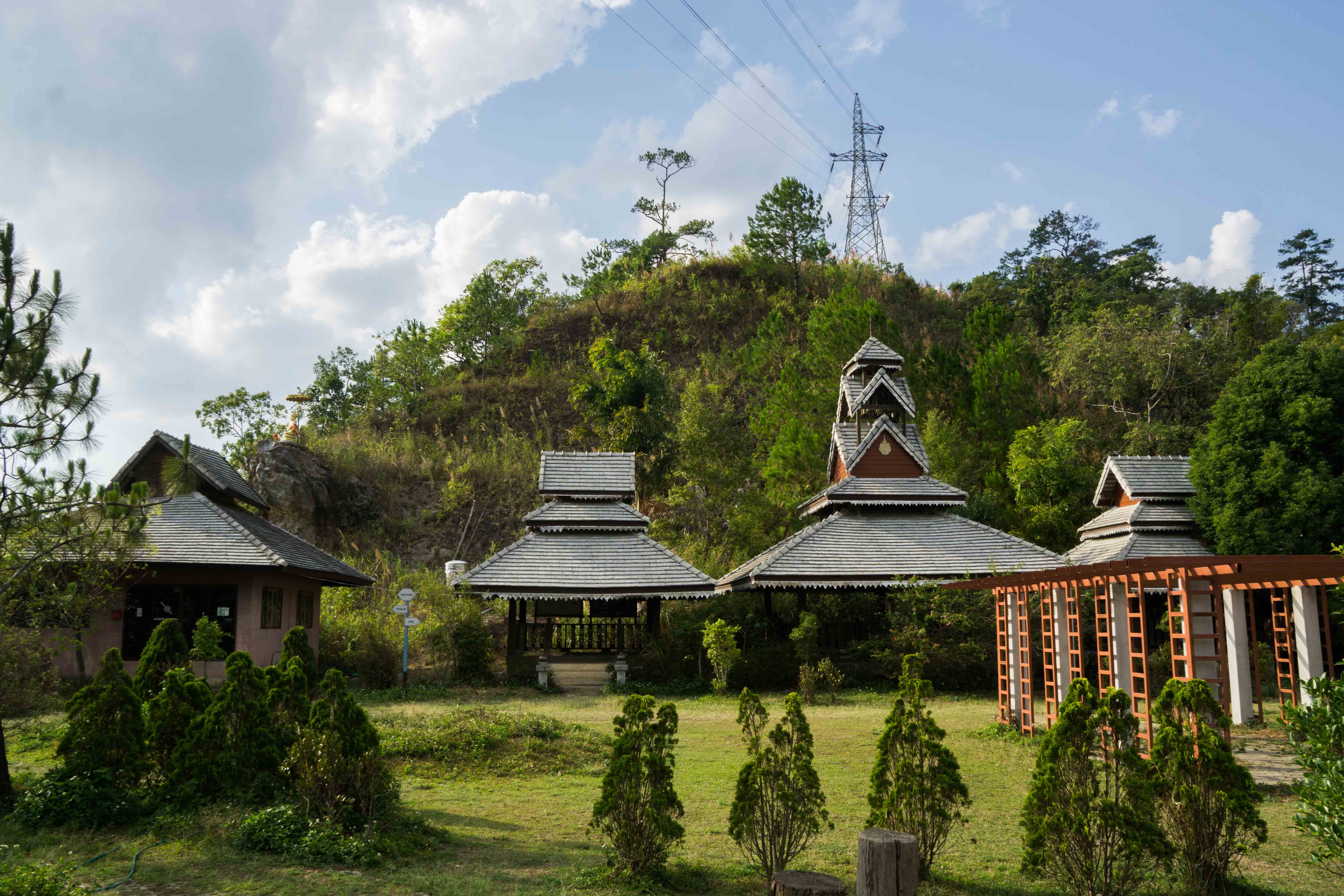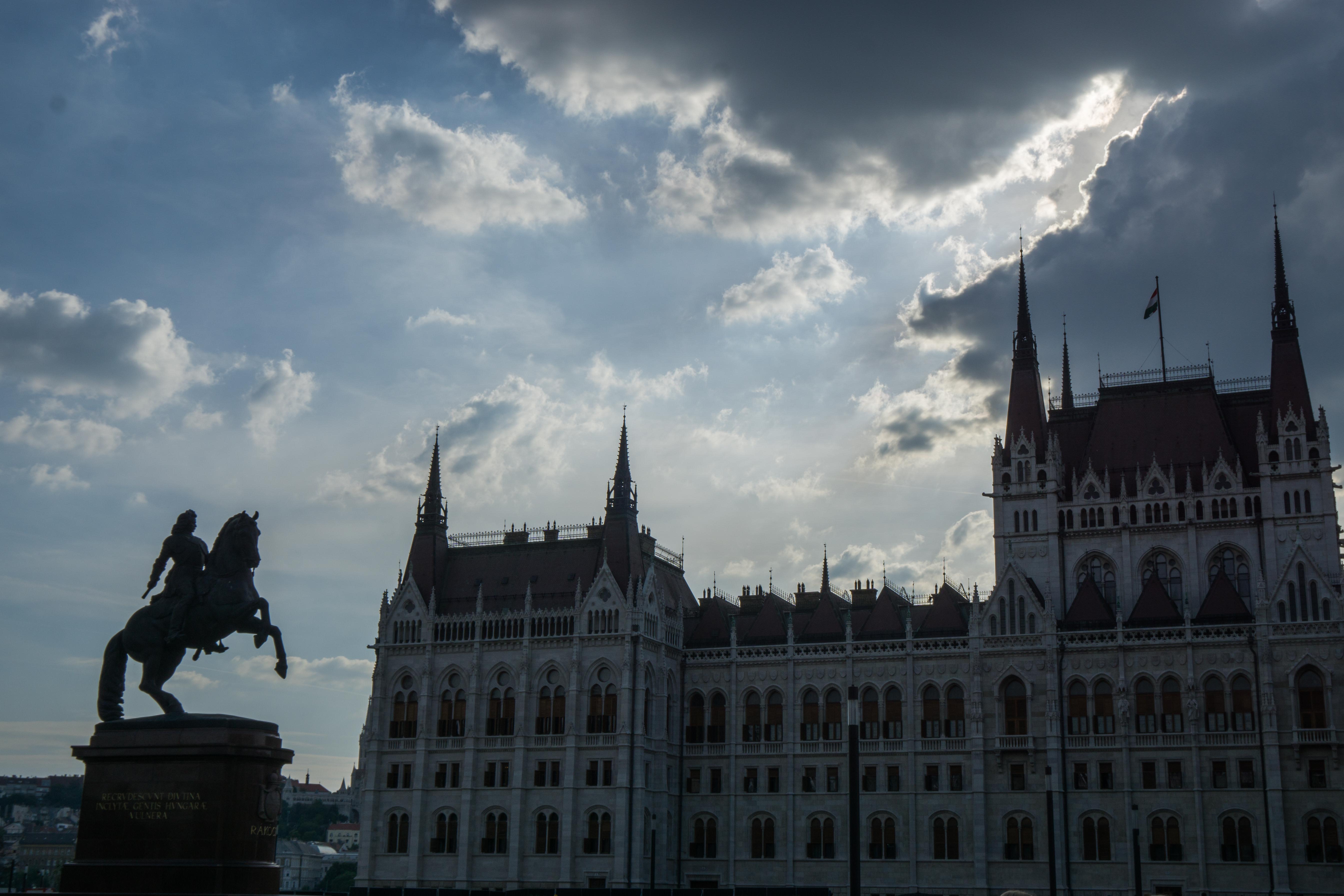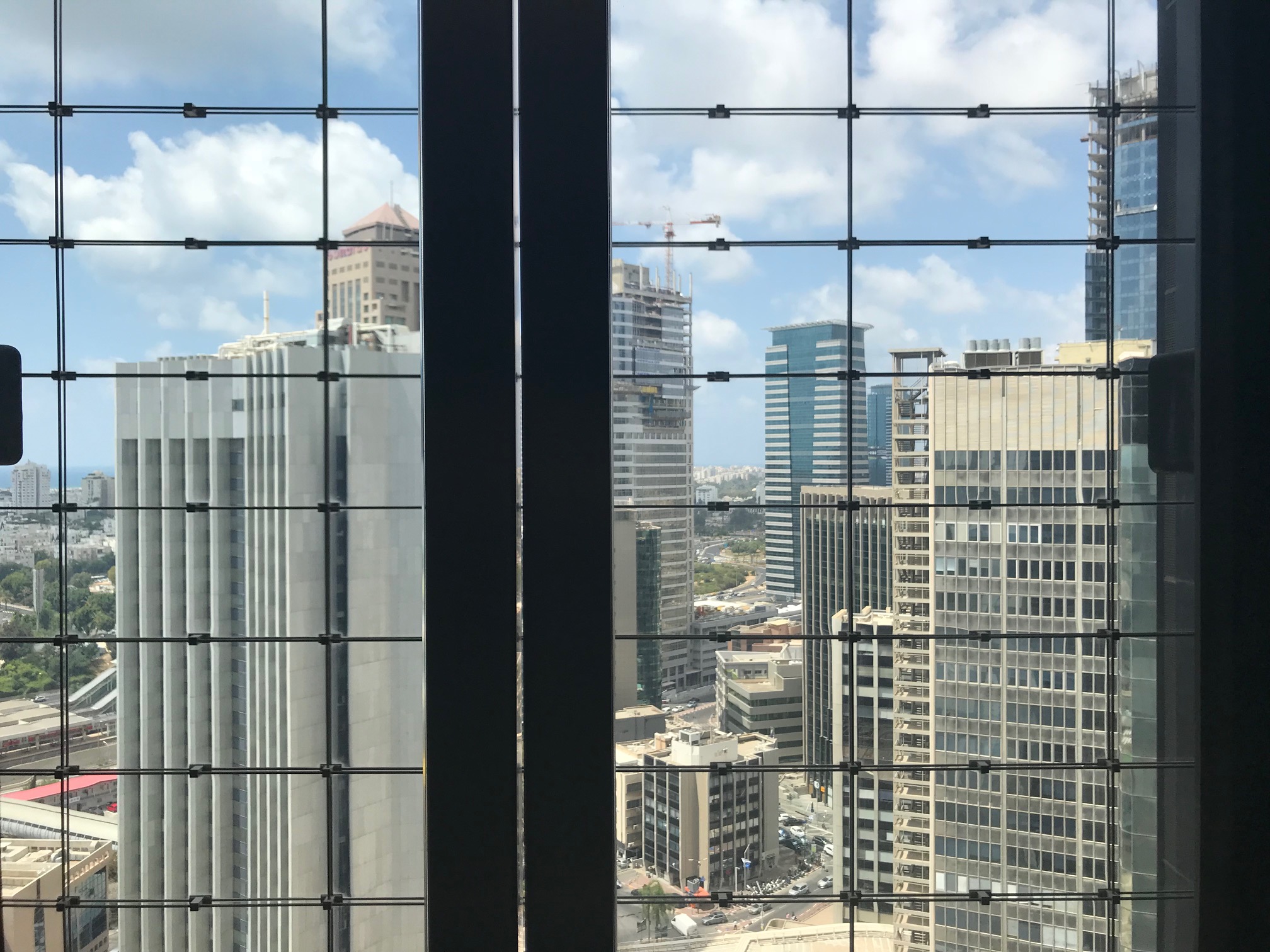Over a year ago, I sold everything I owned and left New York, where I had lived since 2001. My new plan: travel the world. Write. Explore. Live.
Before I left, a friend asked me, “Hey Jeff, while you travel, wanna write about crypto?”
Huh. Maybe? I wasn’t a crypto guy. I wasn’t even a counter-culture guy. (I’m one of 17 people in my generation who does not have a tattoo; though now that I think about it, maybe that does mean I’m counter-culture.) But I liked and trusted my friend, and I liked the sound of the website he was helping to launch, which would soon be known as BREAKER.
Initially, we had envisioned the project as a sort of “Adventures With Crypto”-type column, where I’d report on wacky hijinks like using bitcoin to pay for tuk-tuk rides in Cambodia, weed in Amsterdam, coconuts in Bali.
 Then I learned my first lesson about crypto: no one’s using it that way. Not really. A column like that would be oddly disingenuous, as it wouldn’t reflect what’s actually happening in the blockchain community. (My first bitcoin purchase: I zapped $5 of bitcoin to a coworking space to reserve a conference room. The transaction fee was $12.)
Then I learned my first lesson about crypto: no one’s using it that way. Not really. A column like that would be oddly disingenuous, as it wouldn’t reflect what’s actually happening in the blockchain community. (My first bitcoin purchase: I zapped $5 of bitcoin to a coworking space to reserve a conference room. The transaction fee was $12.)
At first I was disappointed. The skeptics are right; crypto is all sizzle, no steak. Yet I wanted to give it a closer look. In January, to learn more about this weird subculture, I hopped on a 20-hour flight to my first destination, Bali. (Full disclosure: I did not travel with the sole purpose of studying blockchain. I also went to Bali because, well, it’s Bali.)
After one full year on this beat, I’ve found there’s a core idea that cuts through every blockchain community on the planet, from Bali to Budapest, from Chiang Mai to Colombia, from dreamers to traders to bullshitters to builders: crypto is hope.
In the “yoga barns” and “sound temples” and beaches of Bali, I didn’t find any legitimate use cases of blockchain—not yet—but I did find something else: a strong community of believers. I found the same thing in places like Singapore, Thailand, Budapest, Amsterdam, Israel, Malta, Slovenia, Belgrade, and Colombia.
In each country I visit, I try and take the pulse of the community, talking with startups and experts and just regular people interested in crypto. I’ve been curious. I’ve been listening.
After one full year on this beat, I’ve found there’s a core idea that cuts through every blockchain community on the planet, from Bali to Budapest, from Chiang Mai to Colombia, from dreamers to traders to bullshitters to builders: crypto is hope.
Crypto is the very distillation of hope. This is a deeply infectious hope that can appear at turns inspiring, silly, brilliant, foolish, gross, greedy, half-baked, corporate, hilarious, goofy, unintelligible, and philosophical—sometimes at the same blockchain conference.
Here’s a quick summary of my journey of crypto-hope, zig-zagging from Southeast Asia to Europe to Latin America:
Near the Monkey Forest in the zenned-out bliss of Bali, I met a group of people who hoped to radically—and instantly—transform their lives by learning how to trade crypto. Most had no background in finance or even tech. They’re yoga instructors, cooks, Australian fruit pickers. It’s easy to denounce all crypto speculation as “greedy,” but this is lazy and overlooks some crucial nuance. Most of the aspiring crypto-traders I met are of modest means, have little capital, and view this as a once-in-a-generation opportunity to claim financial freedom.
In Chiang Mai, Thailand, I made friends with a merry group of decentralized idealists, who hoped that blockchain would set the stage for a new kind of society—one that could topple conglomerates and empower the powerless. For them, blockchain is the first real hope that their philosophical theories can become concrete. Naive? Perhaps. Yet the sentiment feels real. On a more prosaic level, freelancers and digital nomads are giving their businesses a crypto-twist, hoping that blockchain can help level up their careers.
I’ve seen a strong pulse of blockchain where you wouldn’t expect it. No one talks about Hungary as a “blockchain haven,” yet in my trip to Budapest, I met scrappy local startups that hope to use blockchain to streamline the real-estate market, make it easier to get a loan, and, if necessary, survive the zombie apocalypse. The Hungarian economy isn’t great. The prime minister is seen by many as a fascist. And some Hungarians hope that blockchain can help counter this corruption.
In Amsterdam, at the circus-like Money2020 conference, I met with VPs of banks who hope to use blockchain as a way to mainline innovation, details TBD. “Just add blockchain” is the new “just add water.”
At a conference in Singapore, I met with those who are passionate about philanthropy and social impact, and for them, blockchain is the hope that they can do good, such as slashing the time it takes to get donations to refugees in a war zone. (I also found Uber drivers who are eager to put their idea for a startup on the blockchain…even if they don’t know the meaning of the word blockchain.)
In Israel, I geeked out with the company Bancor, which views blockchain as the hope that we can create a better and more transparent marketplace, one that’s less susceptible to rigging and price manipulation.
 Finally, in Colombia, where I am right now, I see that blockchain is a hope—a legitimate hope—for the very real struggles in Latin America. I just spoke with a team from DASH that is setting up workshops to help refugees from Venezuela get remittances back to their families; without crypto, they say the cross-border fees can be as high as 50 percent. Venezuelans living in Caracas tell me that, because of the horrors of hyper-inflation, people are skipping meals and going hungry. Some construction workers have stopped going home from work at night, as they can no longer afford the bus ticket. And the people who have money? It’s hard to spend it. Credit card limits can’t keep up with the hyper-inflation, so it can take 6 credit cards to buy a refrigerator. For Venezuelans, crypto is hoped to be a deliverance from financial hell.
Finally, in Colombia, where I am right now, I see that blockchain is a hope—a legitimate hope—for the very real struggles in Latin America. I just spoke with a team from DASH that is setting up workshops to help refugees from Venezuela get remittances back to their families; without crypto, they say the cross-border fees can be as high as 50 percent. Venezuelans living in Caracas tell me that, because of the horrors of hyper-inflation, people are skipping meals and going hungry. Some construction workers have stopped going home from work at night, as they can no longer afford the bus ticket. And the people who have money? It’s hard to spend it. Credit card limits can’t keep up with the hyper-inflation, so it can take 6 credit cards to buy a refrigerator. For Venezuelans, crypto is hoped to be a deliverance from financial hell.
The hope is not consistent. Over the course of the year, I’ve seen it wane. As the price of bitcoin slumps, the chatter is less buoyant and the meet-ups are less frisky. (I’ll never forget that way back in Bali, an organizer told me that he had a forecasting model to predict how many people would attend each meet-up: just take the price of bitcoin and lop off a zero.)
Yet there’s a reason why blockchain and crypto won’t go away, at least not anytime soon: Nothing in life is as seductive as hope. Hope is what keeps us watching a game when our team is down by three touchdowns—maybe they’ll come back. Hope is what keeps us in doomed relationships—maybe they’ll change. Hope is not always a positive thing. Crooks hope they can slip the law. Hucksters hope they can trick their marks. And hope can be self-destructive. After getting wiped out at the blackjack table, a drunk gambler heads back to the ATM for a fourth time, hoping his luck will change.
When I say, 'I look at crypto across the globe, and all I see is hope,' it’s both a sunny compliment and a blistering critique.
In the end, for better or worse, crypto is the hope for reinvention. It’s the glittering possibility of a new chapter of our life, our business, or our society. And who doesn’t like new beginnings?
 Hope is the start, but it’s not the finish. When I say, I look at crypto across the globe, and all I see is hope, it’s both a sunny compliment and a blistering critique. I see oceans of hope, but I don’t see much in the way of results, specifics, details, or humility.
Hope is the start, but it’s not the finish. When I say, I look at crypto across the globe, and all I see is hope, it’s both a sunny compliment and a blistering critique. I see oceans of hope, but I don’t see much in the way of results, specifics, details, or humility.
It would be good for all blockchain enthusiasts to heed the words of a guy who once talked a lot about the power, and yes, the audacity, of hope. “Hope is not blind optimism,” President Barack Obama once said. (He clearly wasn’t talking about blockchain, but still.) “It’s not ignoring the enormity of the task ahead or the roadblocks that stand in our path. It’s not sitting on the sidelines or shirking from a fight. Hope is that thing inside us that insists, despite all evidence to the contrary, that something better awaits us if we have the courage to reach for it, and to work for it, and to fight for it.”
This is the open question in blockchain: is the community going to reach for it, to work for it, to fight for it? I only know one thing: in 2019 I’ll keep traveling, keep writing, keep learning, keep laughing, keep reporting, and keep hoping.
Photos by Jeff Wilser.